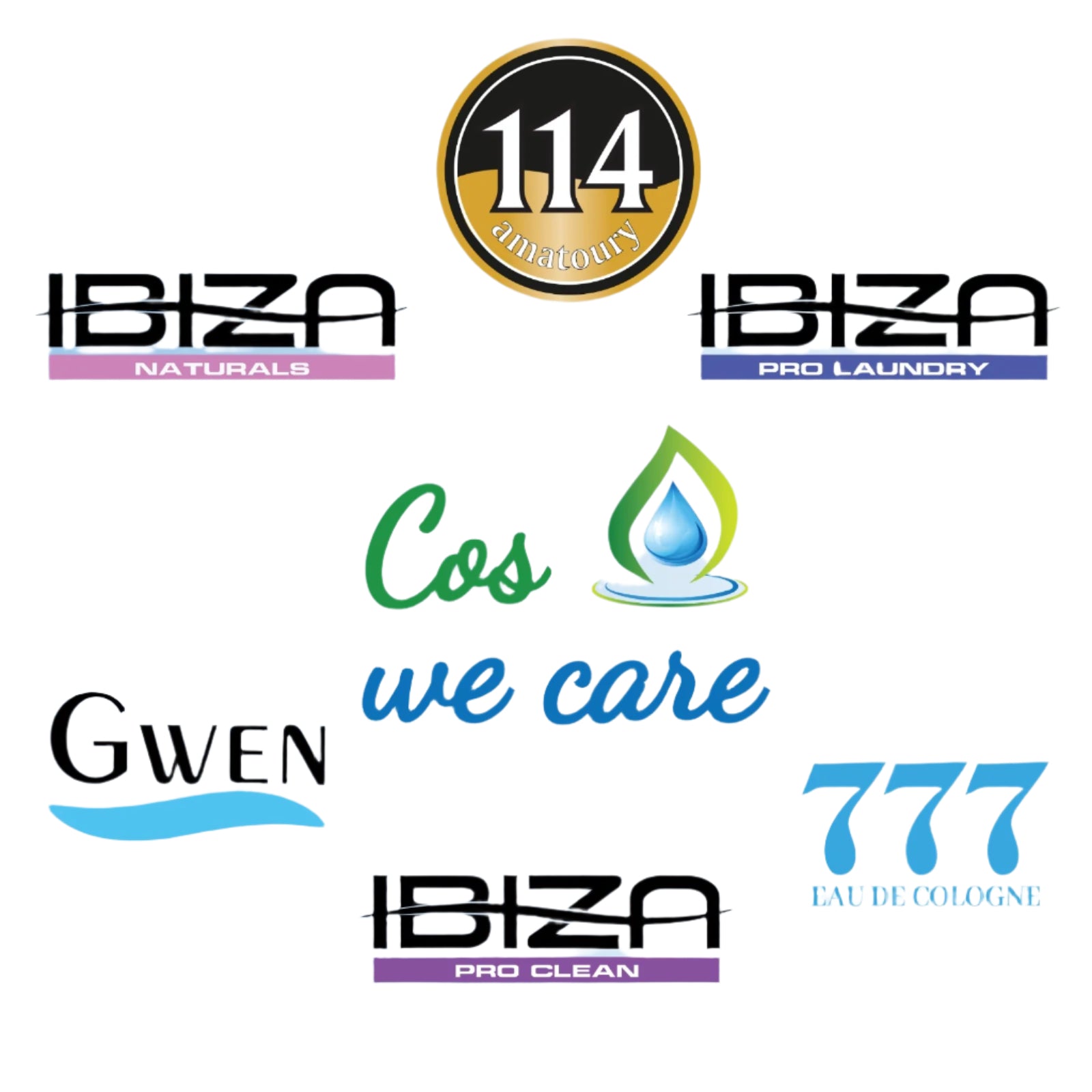
ABOUT US!
Overview & Mission:
Founded in 1928 by Joseph B. Amatoury, a pioneering perfumer in the Middle East, Amatoury has a rich heritage in creating original fragrances. Joseph’s passion and innovation led to the birth of our renowned “Eau de Cologne 114 Classic,” celebrated for its timeless Bergamot and Citrus accord. This dedication to quality and creativity has cemented our reputation in the perfume industry.
Our Evolution
While our heart lies in perfumes and colognes, we have expanded our expertise to include the creation and manufacturing of natural, effective, and ecologically safe toiletries and personal care products. Our commitment to innovation and quality ensures that every product we offer meets the highest standards.
Quality Assurance
At Amatoury, quality is paramount. Our manufacturing facility operates under a rigorous quality management system, ensuring consistent excellence at every stage. We are proud to be ISO 9001:2015 certified, covering the formulation, manufacturing, and distribution of our products. Our dedication to full customer satisfaction drives us to continuously improve our products and services.
Why Trust Us
Our Commitment
With over 85 years of experience in manufacturing beauty and personal care products, we prioritize safety and effectiveness. Every product is crafted to meet the highest standards, ensuring it is safe when used as directed.
Responsible Care Commitment
Our dedication to quality is reflected in our Responsible Care Commitment, which is deeply embedded in our culture and ethics. This commitment is fundamental to earning and maintaining your trust.
Our Safety Assurance Process
At Amatoury, the safety of our customers and the health of our environment are our top priorities. Your peace of mind is paramount to us, and we strive to ensure that every product you use is safe, effective, and of the highest quality.
Rigorous Testing
For decades, we have implemented one of the most thorough and rigorous product testing processes in the industry. This dedication ensures the safety and quality of every product we manufacture. We continually re-evaluate our ingredients, staying responsive to the latest scientific developments and your feedback.
5 Stage Safety Assurance Program
Our comprehensive safety assurance program includes a five-stage process applied to all our products:
- Ingredient Evaluation
- Formulation Testing
- Production Monitoring
- Finished Product Testing
- Continuous Improvement
Why You Should Choose Our Products
Choosing our products means choosing over 85 years of expertise and dedication to quality in the beauty and personal care industry. Our rich heritage, beginning with the pioneering spirit of Joseph B. Amatoury, ensures that every product we offer is crafted with the utmost care and precision. We prioritize your safety and peace of mind through our rigorous testing and assurance processes, backed by our Responsible Care Commitment. This commitment ensures that our products are not only effective but also ecologically safe and continually improved based on the latest scientific developments and your valuable feedback. With our ISO 9001:2015 certification, you can trust that our products meet the highest standards of quality, providing you with the confidence and satisfaction you deserve. Choose our products for a legacy of excellence and a future of continuous innovation.
-
 Watch Now
Watch NowMrs. Christiane Abi Nader Faddoul on MTV Alive 15 Nov 2017
-
 Watch Now
Watch NowMrs. Christiane Abi Nader Faddoul on MTV Lebanon in MTV Alive
-
 Watch Now
Watch NowMrs. Christiane Abi Nader Faddoul on MTV Lebanon talking about New Shower gel Kids
-
 Watch Now
Watch NowMrs. Christiane Abi Nader interview on MTV - 04-02-2019
-
 Watch Now
Watch NowMrs. Christiane Faddoul interview on LBC IN BTE7LA EL HAYET
-
 Watch Now
Watch NowChristiane Abi Nader - 114 Amatoury in MTV alive June 2018
-
 Watch Now
Watch NowMrs. Christiane Faddoul interview on LBC - Feb 2019 بتحلى الحياة – السيدة كريستيان فضول
-
 Watch Now
Watch NowMrs. Christiane Faddoul interview on LBC بتحلى الحياة – السيدة كريستيان فضول
-
 Watch Now
Watch NowPathways To Prosperity - Amatoury 114
-
 Watch Now
Watch NowAmatoury 114 بالوطني بدعم وطني










